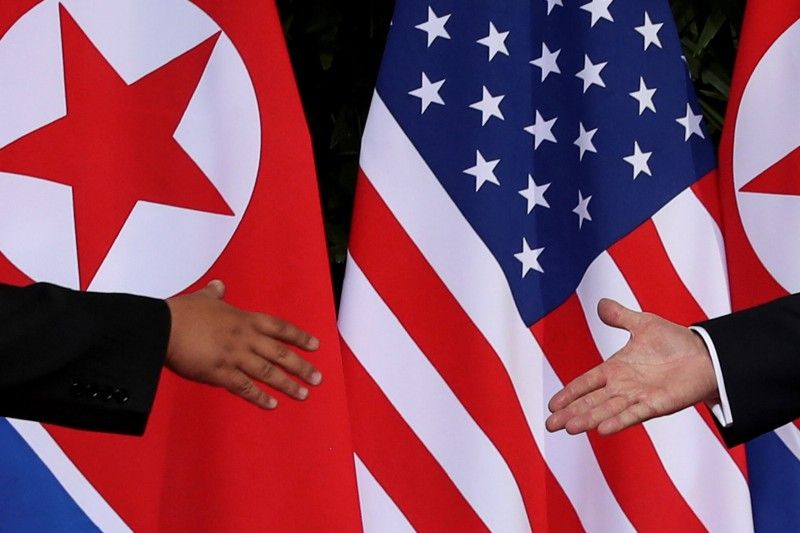We close a week dominated by the Trump-Kim summit with the most basic question of all…
What will it actually take for Donald Trump and Kim Jong-un to bring lasting peace to the Korean Peninsula?
What if…
- North Korea signed a commitment to abandon all nuclear weapons and existing nuclear programs?
- And the US pledged in writing that it has no intention of attacking or invading North Korea with nuclear or conventional weapons?
- And North Korea and the US promised to respect each other’s sovereignty and normalize relations?
- And the US, China, South Korea, Japan and Russia all agreed to help boost North Korea’s economy through cooperation on energy, trade, and investment projects?
If all these countries would just commit, in writing, to this agenda, we’d have a real breakthrough, right?
That already happened… on September 19, 2005.
All these commitments and more are documented in the joint statement that followed the fourth round of Six-Party Talks in Beijing. You can read it here.
Beyond these paper promises, important as they are, real success will depend on three things:
- Patience: Any formal agreement will take years to implement. Can Trump and Kim each resist the urge to blow a fuse when things get off track? It takes longer to build a cathedral than to blow one up.
- Trust: It will be harder to maintain patience if the men at the top don’t trust one another. That’s why Trump may well be right to go for a top-down approach.
- Common purpose: Will Kim completely, verifiably, and irreversibly dismantle a nuclear weapons program his country invested so much to build? If not, will Trump lift sanctions in exchange for something less?
Without patience, trust and common purpose at the top, northeast Asia will find itself further from peace and closer to conflict.
